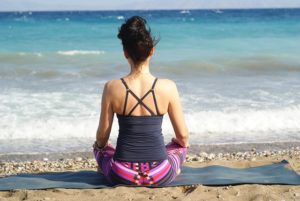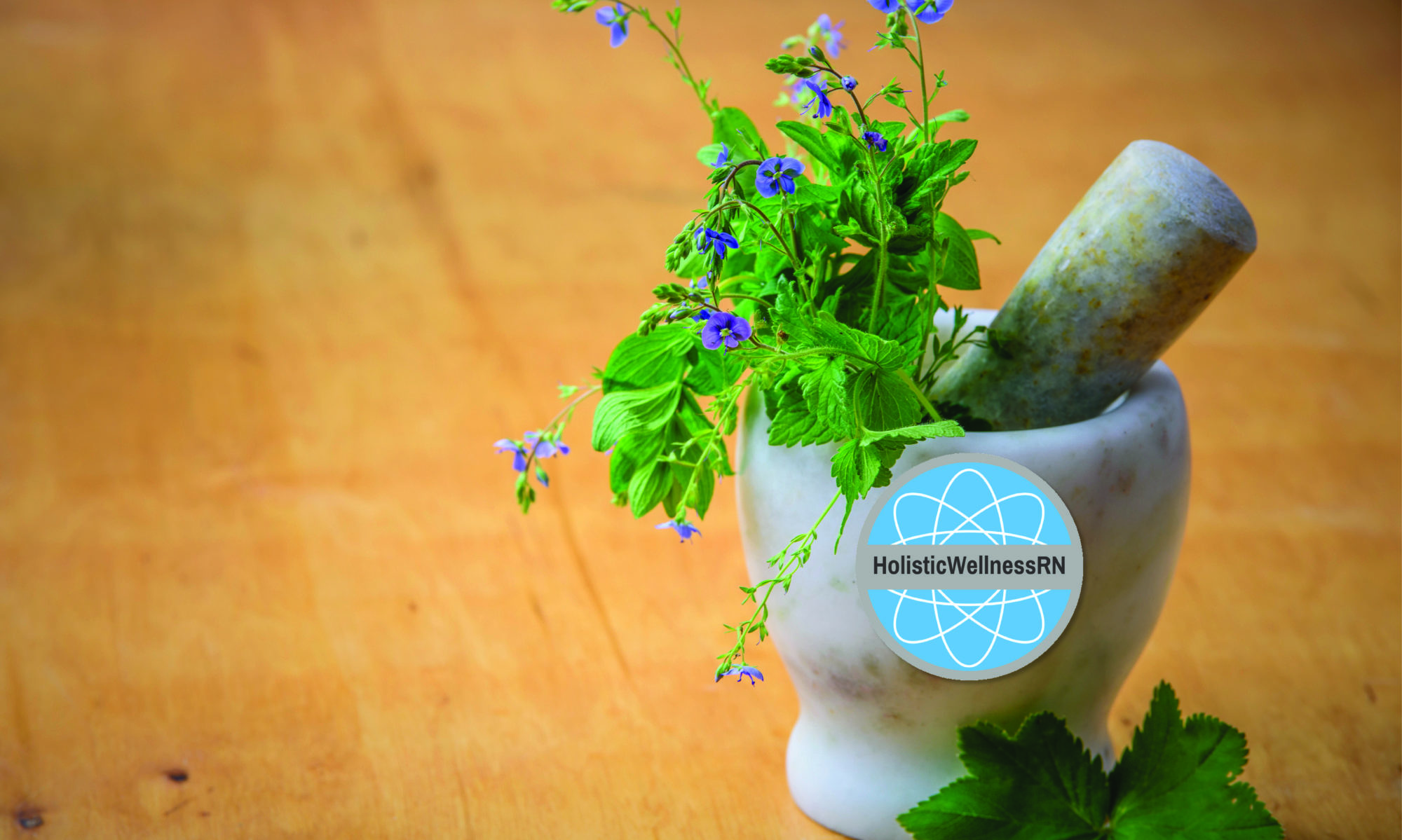How Meditation Works
Meditation is practiced by more than 15 million Americans and many more people around the world. It has its roots in eastern culture, but has been wholeheartedly embraced in western societies. Studies have shown the meditation can improve your health.
Meditation involves stopping your mind while maintaining a state of awareness. It is much more than sitting and concentrating in a quiet area for a certain amount of time. It involves clearing your mind of all thoughts, achieving a deep inward peace, and maintaining alertness in the process.
People often use certain postures, breathing techniques, and even chants to help facilitate the process, but these are not required, and they are not the act of meditation itself, just support tools.

https://pixabay.com/photos/relaxation-yoga-meditation-nature-1967892/
As a beginner, you could take a meditation class or invest in a video that introduces you to the concept of meditation and teaches you various techniques for facilitating the process. YouTube has thousands of guided meditation videos. All you have to do is get comfortable and listen to the guidance that is given to you. The goal is to achieve a profound, deep sense of self, a “thoughtless alertness”.
It takes a little practice. When I first started meditating, I would always fall asleep! The relaxation that the meditation caused in me put me to sleep. After a few months of meditating, I no longer fall asleep. Instead, I am deeply relaxed. My body feels weightless. I feel peaceful. Sometimes I have visions. Meditation is a deeply personal experience.

https://pixabay.com/illustrations/stress-relaxation-relax-word-391657/
Specific Ways That Meditation Improves Health
Not only is meditation one of the very best ways to reduce stress, which is linked to a whole host of health issues but researchers conducted a study that connects deep relaxation to genetic changes in the body. The results of that study can be found here: https://www.ncbi.nlm.nih.gov/pubmed/29616846
More Health Boosting Benefits of Meditation
Improves sleep: https://jamanetwork.com/journals/jamainternalmedicine/fullarticle/2110998
Inner peace and tranquility
Reduces chronic pain: https://nccih.nih.gov/research/blog/mindfulness-meditation-pain

https://pixabay.com/illustrations/abstract-background-glitter-pain-971441/
Reduces depression: https://www.health.harvard.edu/mind-and-mood/how-meditation-helps-with-depression
Boosts attention
Improves immunity: https://health.clevelandclinic.org/how-mindfulness-training-can-help-you-achieve-immunologic-health/

https://pixabay.com/illustrations/defense-protection-threat-1403072/
Helps with weight loss: https://www.healthline.com/health/meditation-for-weight-loss#weight-loss
Boosts memory: https://eocinstitute.org/meditation/how-to-improve-your-memory/
Improves heart health and lowers blood pressure
Improves wellbeing and allows for deeper relationships

https://pixabay.com/photos/blue-clouds-look-sign-sky-stop-1239010/
How to start as a beginner
Any new endeavor takes time to get used to. Here are a few tips to get you started:
1. Start slow – no matter how excited you are about beginning your meditation journey, it’s important to start slow. You don’t want to get overzealous and fall short. Many times when people start something new they go all out and get overwhelmed before they even begin. They have good intentions, but they don’t always stick with it. Meditation can be overwhelming in the beginning until you learn how to train your brain and guide yourself back to center.
2. Set up a space – It’s important to set up a space that you can call your own. It does not have to be anything elaborate. It just needs to be someplace to call your own. It could be a corner of your den or in front of the window of your bedroom on the floor. Whatever it is, make it your own.
3. Create a routine – it’s important just as you would with any new endeavor to create a routine. If you are going to alternate one morning with one evening and then a midday set of 10 minute meditations, keep to your routine. If you want to do it every other morning and alternate this with every other night, then stick with that routine.
4. Stand in integrity and do what you say you will when you say you will – if you say you are going to take on the practice of meditation, then take it on whole heartedly. Set an example and show what it looks like to be a role model in integrity.
5. Get a partner – don’t go it alone – meditation can be fun when you partner with other people. Find an accountability partner or better yet, find someone to join in on the fun with you.
6. Let everyone know you are taking on this practice whether they want to join you or agree with you – be up front and clear that meditation is important to you and you fully intend to reap the benefits and they will reap the rewards as well when they see a brand new you.
Everyone is different. Experiment with different ways of meditating to see what you like and what comes easiest for you. Also try experimenting at different times of the day and for different periods of time, but aim for at least 10 minutes to reap the most benefit. The health effects on your body are well worth the effort! Regular meditation may improve your health!

One Reply to “Meditation: 6 Steps Towards a Healthier You”